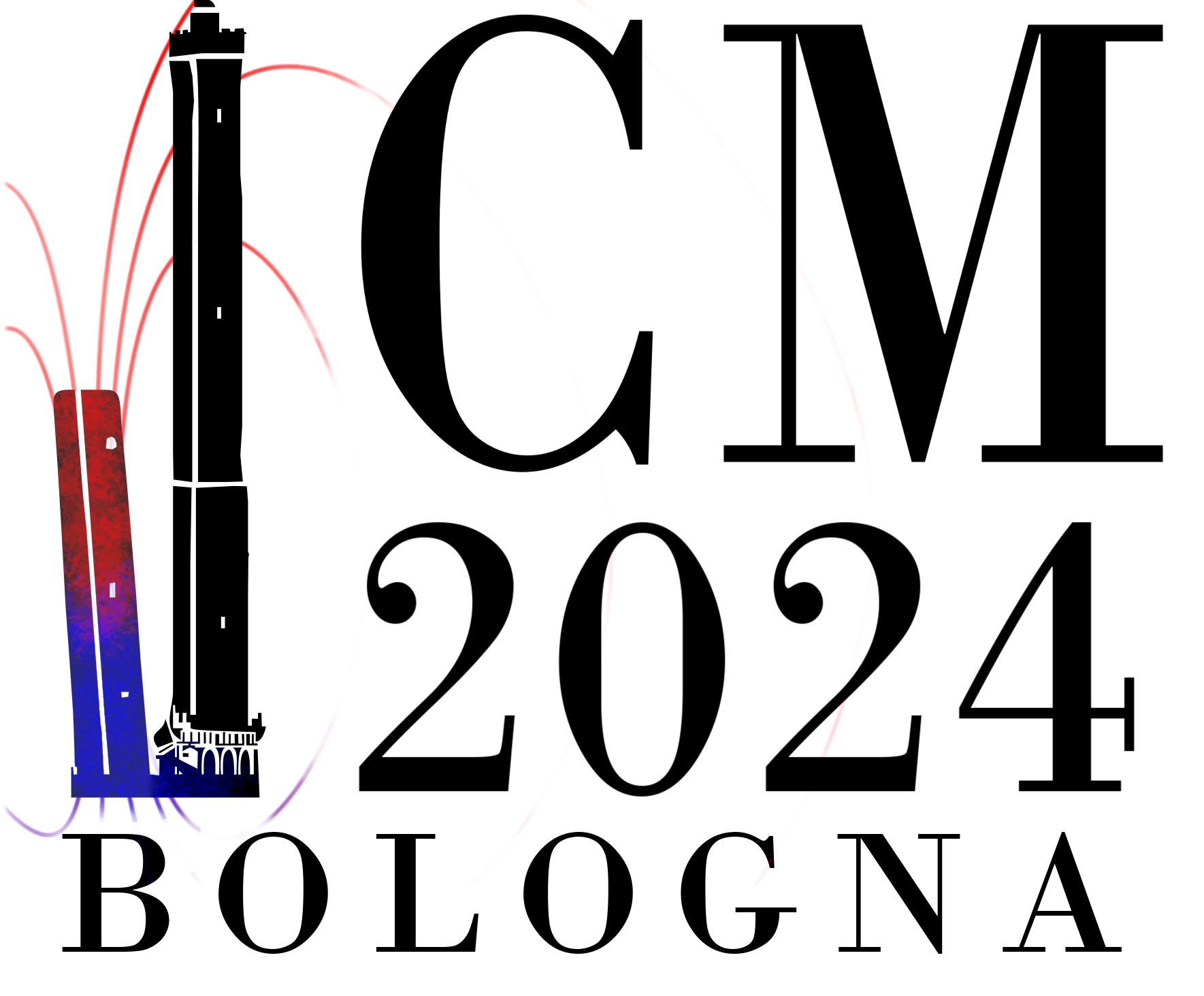The conference will be organized under the following themes:
Theme 1 Strongly Correlated Electrons Systems (SCES)
Chairs: Tatiana Guidi, Manuel Brando, Philipp Gegenwart
- 1.01 Unconventional superconductivity and magnetism in SCES
- 1.02 Topological states in SCES including Dirac and Weyl semimetals
- 1.03 Heavy fermion systems, Kondo physics and valence fluctuations including actinides
- 1.04 Frustration and quantum spin liquids
- 1.05 CEF effects and multipolar ordering in SCES
- 1.06 Quantum phase transitions and related phenomena including metal-insulator transitions
- 1.07 Non-equilibrium physics in SCES, including mesoscopic Kondo and non-equilibrium pump-probe states
- 1.08 Theoretical models and methods for strong correlations
- 1.09 Materials design and novel advanced materials
- 1.10 Fermi surfaces and electronic structure of correlated phase
Theme 2 Dimensionality in spin-related phenomena
Chairs: Silvia Picozzi, Aurelien Manchon, Roser Valenti
- 2.01 1D magnetism
- 2.02 Molecular magnetism
- 2.03 2D magnetic materials
- 2.04 Novel magnetic phenomena at surfaces and interfaces
- 2.05 Frustrated, disordered and quantum magnetic phases
- 2.06 Spin phenomena in topological materials
- 2.07 Advances in Theory and Simulations in low-dimensional magnetism
- 2.08 Chirality, Skyrmions and Exotic spin texture
Theme 3 Spintronics and Spin Dynamics
Chairs: Giovanni Carlotti, Luis E. Hueso, Yoshichika Otani
- 3.01 Spin transport, spin tunneling and spin torque phenomena
- 3.02 Spin caloritronics
- 3.03 Spin-orbit effects and spin-charge-orbit conversion phenomena
- 3.04 Electric field effects on magnetic systems and voltage controlled switching
- 3.05 Low-dimensional spintronics
- 3.06 Semiconductor & Molecular spintronics (including chirality-induced spintronics)
- 3.07 Antiferromagnetic spintronics
- 3.08 Vortex, skyrmion and domain wall dynamics
- 3.09 Magnonics
- 3.10 Ultrafast magnetization dynamics including terahertz spintronics
- 3.11 Spin-mediated coupling phenomena (including magnon-magnon, magnon-phonon and magnon-photon among others)
- 3.12 Micromagnetic & Multiscale Modelling
Theme 4 Magnetism of nanoscale systems: thin films, nanostructures and nanoparticles
Chairs: Franca Albertini, Nora Dempsey, Hari Srikanth
- 4.01 Advanced synthesis and characterization of magnetic thin films and multilayers
- 4.02 Anisotropy effects of magnetic thin films and multilayers
- 4.03 Surface and interface effects, Exchange bias and exchange springs
- 4.04 Functional Hybrid nanostructures and arrays
- 4.05 Synthesis and advanced characterization of nanoparticles
- 4.06 Magnetic Nanoparticles in Bio-medical, Food and Environmental applications
- 4.07 Theory and modeling of nanomagnetic systems
- 4.08 Magnetic nanowires and nanotubes
Theme 5 Functional Magnetic Materials
Chairs: Massimo Solzi, Ko-Wei Lin, Xavier Moya
- 5.01 Hard magnetic materials
- 5.02 Soft magnetic materials and magnetic shielding
- 5.03 Materials for Energy applications
- 5.04 Emerging properties in Functional Magnetic Materials
- 5.05 Multiferroic and related materials
- 5.06 Magnetic shape memories, magnetoelastic
- 5.07 Critical challenges and Magnetic Materials (raw materials, sustainability, automotive)
- 5.08 Magnetophotonics and magnetoplasmonics
Theme 6 Frontiers in magnetic devices and experimental techniques
Chairs: Riccardo Bertacco, Florin Ciubotaru, Tiffany Santos
- 6.01 Magnetic sensors for Monitoring and Diagnostics
- 6.02 Magnetic devices for information storage
- 6.03 Magnetic logic devices
- 6.04 Spin-Waves plaforms for signal processing
- 6.05 Neuromorphic spin-based devices
- 6.06 Spin-based Quantum computing and Sensing
- 6.07 Magnetic MEMS
- 6.08 Novel tools for investigating magnetism at the nanoscale
- 6.09 Emerging techniques at large facilities (neutron, synchrotron, high fields, etc.)
- 6.10 Interdisciplinary applications and technologies including Biomedical
